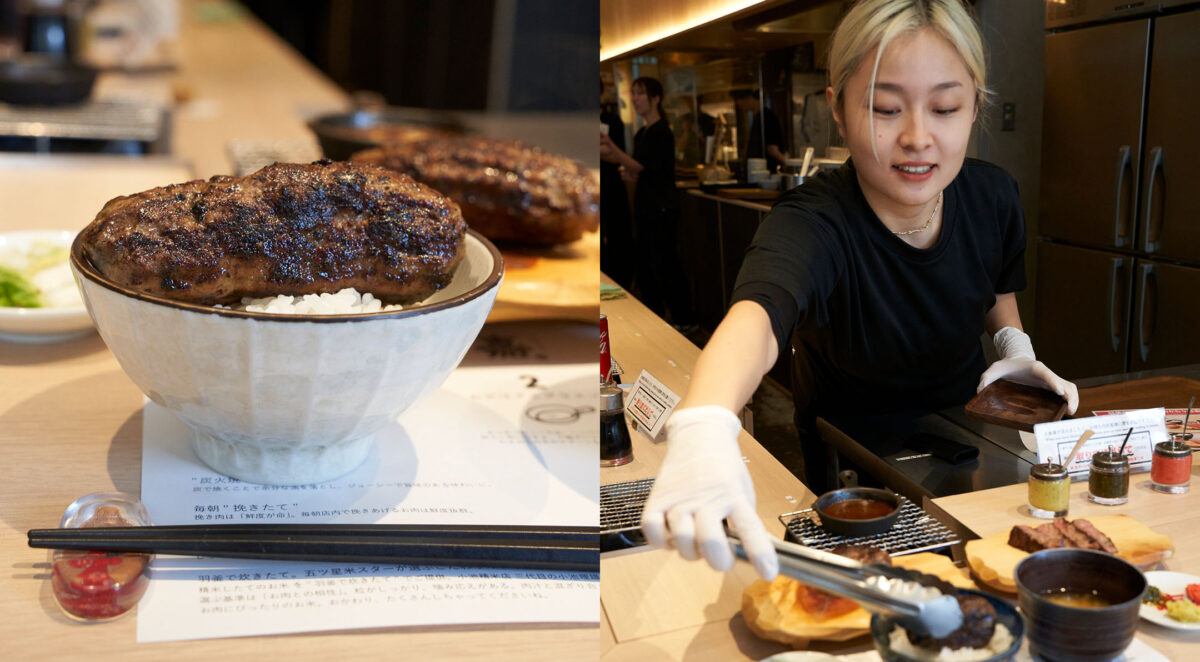By understanding personality types and aiming for better communication, you can relate better to coworkers, friends, family and even lovers, say these professional trainers

You can make anyone fall in love with you. Anyone.
It is, in fact, easy to do—as long as you understand micro-behavior and nonverbal language, identify individual personality and modality, and know how to mirror their words and beliefs, that is. Turns out there is a science to the mating call.
Carelle Lee Mangaliag, “chief goddess” (president) of TrainStation, said it’s about the person we are most familiar with—ourselves—talking to someone who resonates our concept. “So you say, ‘We are so the same!’ And isn’t that the backbone of every relationship?”
TrainStation, said Mangaliag, “helps individuals and organizations through motivation, empowerment and tools to ignite possibilities using enter-trainment. We utilize fun and relatable experiences to create better relationships at work and at home. We are also called corporate cheerleaders.”

Mangaliag is one of the most in-demand trainers in the country. She is also the only Neuro Linguistic Program (NLP) trainer and its only certifying authority in the Philippines. NLP, an approach to personal development, psychotherapy and communication, is the method employed in TrainStation’s program.
“NLP is about programming yourself to have better communication, and get better output from the people around you by communicating the right way,” she said.
Programs include The Empowered Mind-set, Image Overhaul, Stress Management, Communicating for Results, The Money Equation, and Advance Collaborative Experimental Simulations (Aces). They also have tailored programs for the entire team, such as Personality Calibration, Service Excellence, Team Building, and Powered-Up Sales, as well as those for the boss, such as Coaching for Success, Organization Development, Business Planning and Execution Services, Power Leadership and Management.
Back in the game

While how to make someone fall in love with you, strictly speaking, may not be among its programs, learning about the four different types of people and their modalities can sure help you get back in the game—whether in love, at work with your boss and coworkers, with friends or with the family.
NLP was created in the ’70s by Richard Bandler and John Grinder to address problems such as phobias, trauma, depression and learning disorders. (Mangaliag trained under Grinder.) NLP’s approach has since been adopted in workshops and seminars.
“If NLP can remove the phobia, think of what it can do to someone who is simply lazy to work, someone who only lacks motivation to become productive. That is usually the main concern for many companies,” said RR Herrera, the former child actor who’s now regional director of TrainStation.
“Happy employees give more results. We have employees who even work for free. They just do it for love. And they do it automatically. You don’t even have to ask,” Mangaliag added.
When you understand the people around you, working or living with them becomes easier. That’s because you would be able to identify the approach you need to get what you want, like how to get someone to become productive at work, for instance.

The four different types of personalities is NLP’s version of the four temperaments in psychology. There’s the Panther, or the choleric in psychology. Panthers are dominant, assertive people. They like to get to the bottom of the story, are very impatient, and don’t like micro-managing. They stand across you, skip the hugs and talk fast.
Next is the Peacock (the sanguine in psychology). These are sociable, perky, out-there people. They do not have a concept of personal space, so they can be too much for the introvert. They like to ask for a consensus, too. A Peacock would ask everyone if they want to go, say, to Tagaytay, as opposed to the Panther who will tell everyone they are going to Tagaytay.
The third type is the Owl (the melancholic in psychology). Owls are compliant. They always have, and follow, an itinerary. They are the organizers, arranging books alphabetically, for instance, or color-coding storage boxes for easy identification. They speak with a monotonous voice and are generally resistant to change. They don’t like spontaneity, either.
Easily influenced
The last one is the Dolphin (the phlegmatic in psychology). These are the people who care about loyalty and relationships. They speak quietly, but are easily influenced by other personalities they like. If they like a Peacock, for instance, they become Peacocks as well. They adapt easily.
Everyone is usually a combination of two types of personalities. “The old style of profiling people is putting them in a box; this is what you are until you die. In NLP, a person is dynamic. You assume different personalities at home and at work,” she said.
Aside from personalities, there are three kinds of modalities one should identify: visual, auditory and kinesthetic. Modality is how people learn and absorb information; personality is how they relate.
Auditory people need to hear “I love you” or “I’m sorry,” for instance. When buying a cell phone, they ask people around about the model they want. Visual people have to see it. Before purchasing a phone, they have already searched it on the Web or read parts of its manual.
Kinesthetic types like to touch. They buy a phone and tinker with it, and figure out how it works along the way. They like movement, dancing, cooking, said Mangaliag.
“An auditory panther has a loud voice and likes to talk a lot, for example. A visual panther likes to see the results now. A kinesthetic panther likes for you to hurry up,” she said.
Mangaliag said NLP could change your relationship with your family, coworkers, boss and friends. “The work that we do is not about what we get, but what we become,” she said.
TrainStation, a Filipino company, has branches in Singapore and Hong Kong. Contact them at tel. 4370128 or 4370129; visit their office at 3/F, Unit 302, Magnitude 2 Bldg., 186 E. Rodriguez Jr. Ave., QC; or check out www.trainstation.com.ph












































